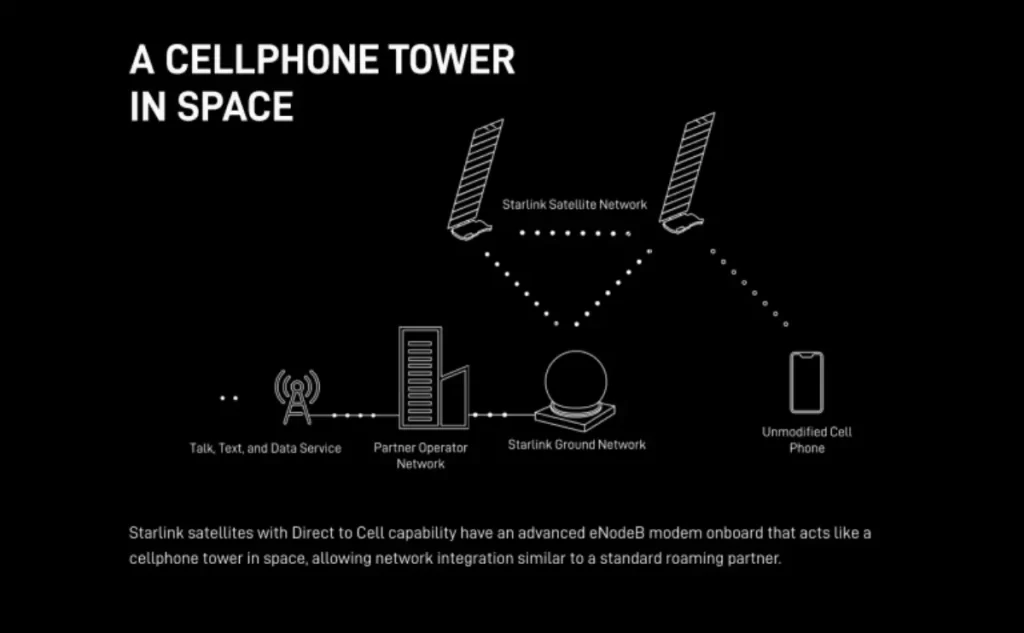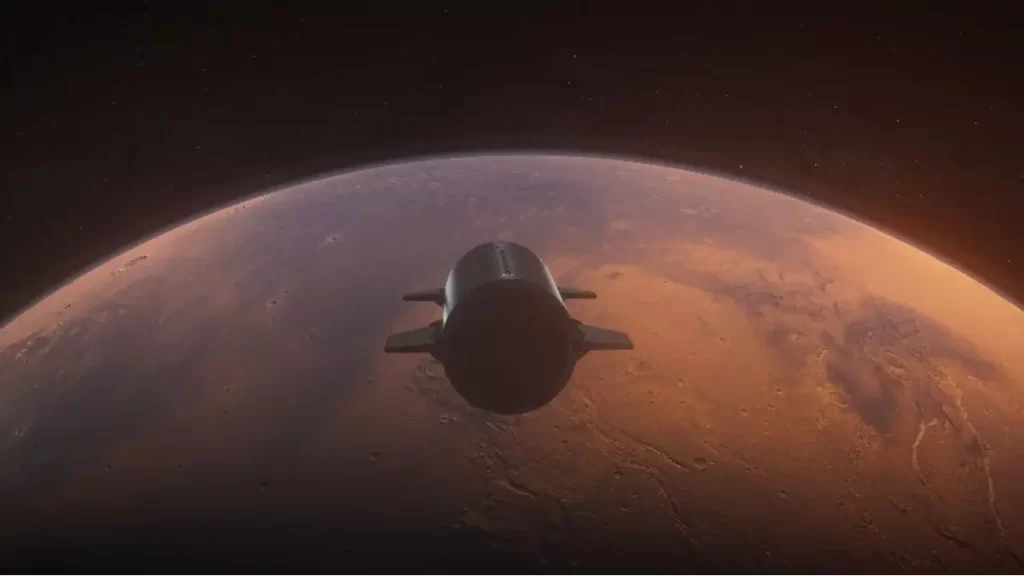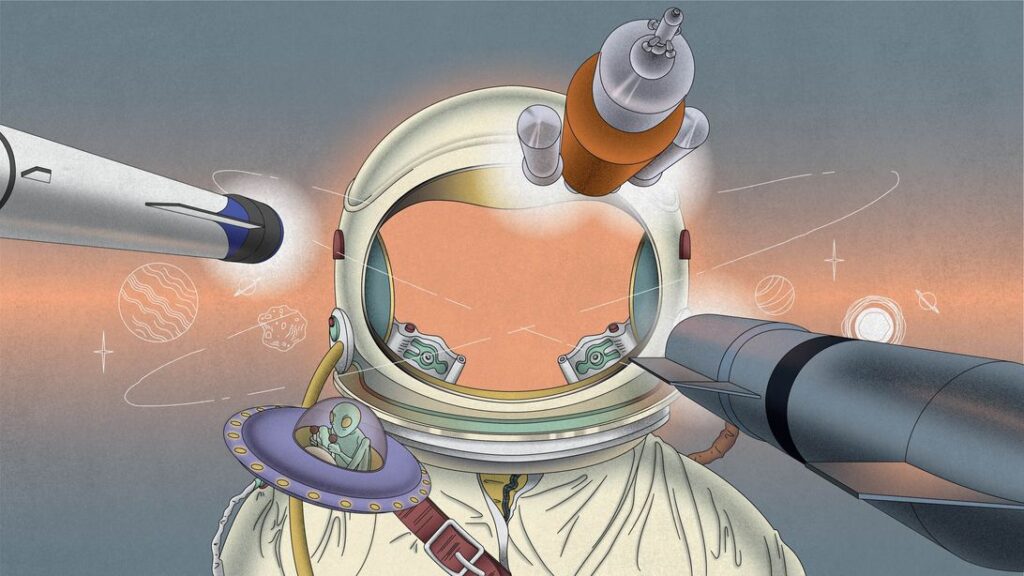After months of waiting, SpaceX has received partial approval from the Federal Communications Commission (FCC) to begin deploying the Starlink cellular system – but only for short tests.
The FCC has decided to “partially grant, partially deny” the company’s application to operate a satellite service that is being developed to provide connectivity to T-Mobile smartphones.
The FCC’s decision allows SpaceX to “deploy a modified version of its previously authorized Gen2 Starlink satellites.” However, the company receives permission only to test the operation of radio stations on satellites, PCMag reports.
In particular, SpaceX may operate satellites in the 1910-1915 MHz and 1990-1995 MHz bands for limited on-orbit antenna testing immediately after each satellite is deployed for 10 days or less to ensure initial satellite antenna functionality.

The ruling also states that SpaceX must prevent radio interference to other services during communication tests. This involves coordinating with “any potentially affected operators” to conduct the tests.
SpaceX still needs full FCC approval before it can begin operating the Starlink cellular system for U.S. consumers. The Commission reported that it had postponed consideration of part of the company’s application because SpaceX had not completed the “Appendix S” form, which details the technical and operational characteristics of the satellites. Instead, SpaceX asked for a postponement, citing limitations in Appendix C that prevent it from accurately describing certain aspects of satellite technology.
For several months now, SpaceX has been persistently asking the US regulator to authorize the operation of the Starlink cellular communication system. Last week, SpaceX filed a separate application to test the technology on 840 satellites starting next week, pending FCC approval.
However, the FCC is concerned about concerns from rival companies that Starlink’s cellular system is causing radio interference. Therefore, it is possible that the Commission is trying to find a compromise solution as it continues to weigh whether to grant full approval to SpaceX’s application.
The company is currently planning to launch the Starlink cellular system to transmit text messages via satellite next year.



